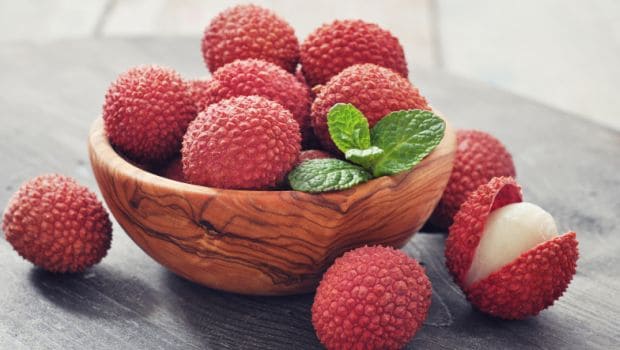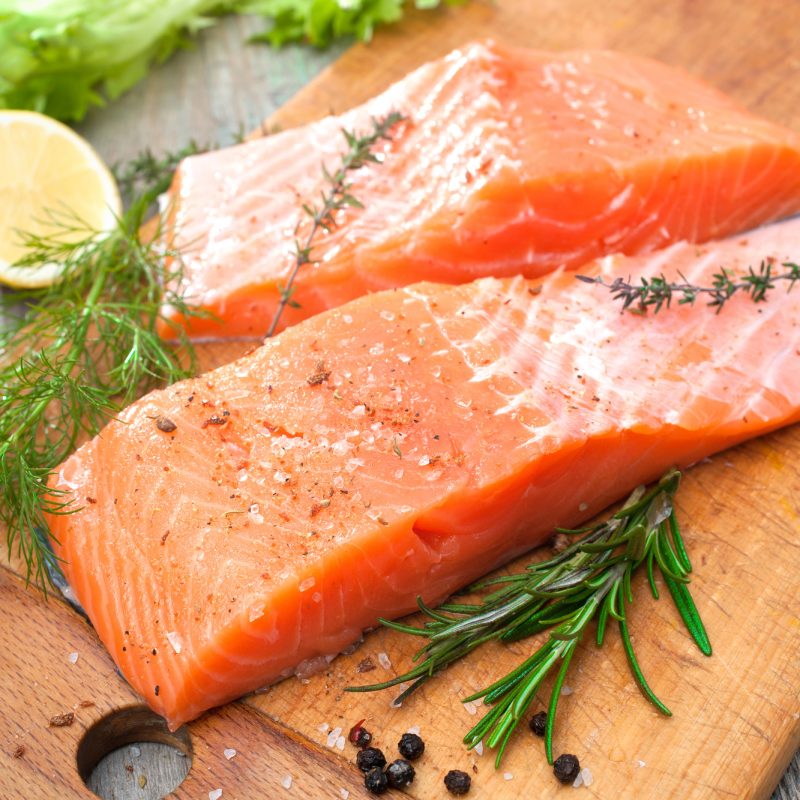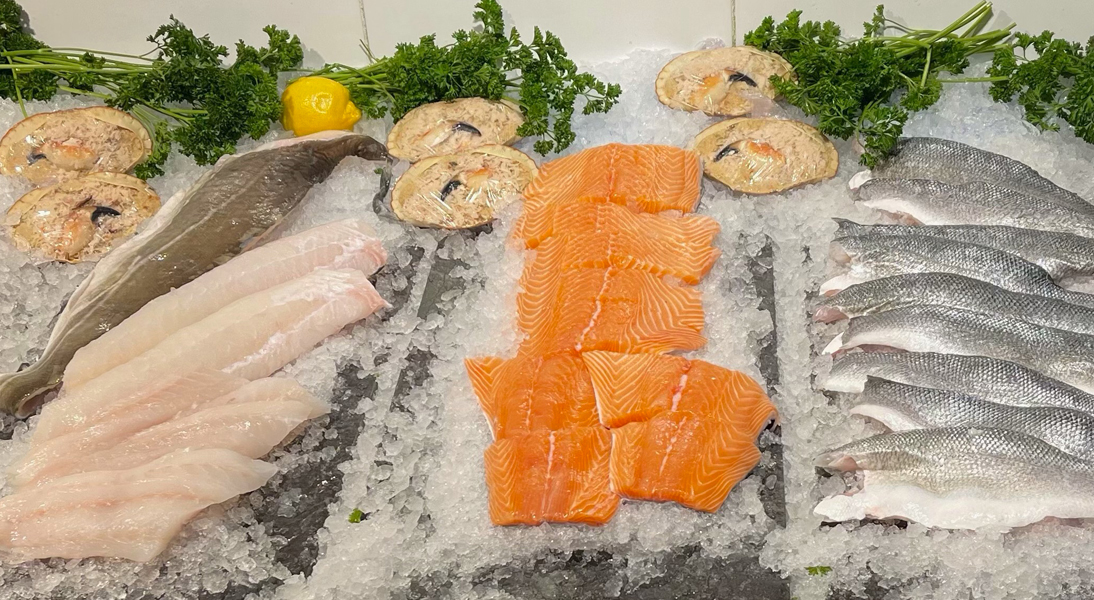We have found the most delicious Lychees this morning, large, fragrant and juicy 200g (approximately 8 fruit) £4.00
Category Archives: Uncategorized
A fresh fillet of salmon cooked perfectly then basted with our Chilli and Lemon Butter -doesn’t come any easier of any tastier.
Two 200g fillets and a 50g pot of Chilli and Lemon Butter £14.60
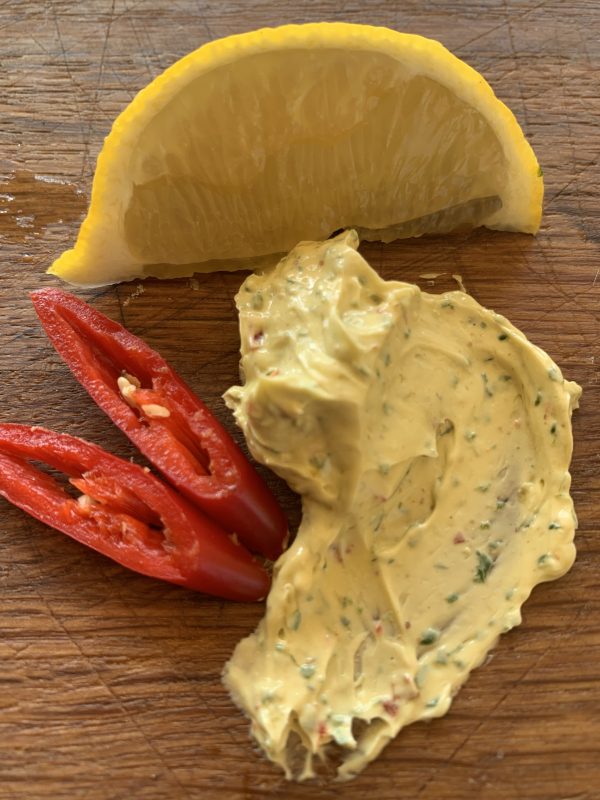
Don’t forget alongside our weekly quality fruit and veg box we have an exceptional variety of fresh fish which we source daily.
This week we have fresh cod, salmon, plaice, sea bass, fresh dressed crab, scallops, naturally smoked Undyed haddock, Manx kippers, Smoked salmon.
We also have a selection of frozen seafood including raw king prawns, cooked cocktail prawns, squid tubes and a seafood cocktail mix.
Our cheese of the week Camembert D’Isigny, made with micro filtered, unpasteurised milk.
This Camembert comes from the Normandy terroir, in the heart of the Cotentin and Bessin Marshes Regional Natural Park, and is made exclusively from the finest Normandy milk, which is exceptionally rich in fat, protein and vitamins. The D’Isigny co-operative pay particular attention to each stage of production, to ensure that their Camembert cheeses are of impeccable consistency and quality.
250g £7.50
This camembert is perfect for baking. Just unwrap and place back into it’s wooden box or into a camembert ramekin. Score the cheese into diamonds. Slice 2 cloves of garlic and press into the cuts of the cheese. Drizzle 1 tbsp honey, add 2 tsp thyme leaves and 1/2 tsp salt over the cheese. Bake for 15-18 mins.
We have chosen Halloumi this week as it will go so very well with this week’s recipe – Roast Crown Prince squash with Couscous. The saltiness of this cheese when it is lightly grilled and served alongside the sweet nuttiness of the squash and the spice of the cumin seeds is an absolute delight for vegetarians and non-vegges alike.
This week’s cheese is Rutland Red from the Long Clawson Dairy. Made using a traditional recipe, Rutland Red is buttered, cloth-bound and matured for six months to produce a flaky, open texture cheese with a slightly sweet, caramelised flavour and rich golden orange colour.
It is the only pasteurised Red Leicester produced in the county of Leicestershire. Rutland Red is an award winning cheese winning 3 golds at the Global Cheese Awards and 4 golds and the Red Leicester Trophy at the International Cheese awards.
This is the best Red Leicester we have ever tasted. Approx £5.00 per portion
As this is the last week before our annual 2 week holiday. Saturday 16th August – Thursday 4th September.
A lot of our customers have already placed their orders to stock their freezers while we are away so we urge you to place your orders by this Wednesday the 13th August to avoid disappointment.
We will have the usual in stock, Cod, Bass, Salmon, Tuna, Scallops, Kippers on Thursday and Friday Hake, but if you would like anything else please just place your order and we will do our very best to get it in for you.
Our fish of the week is salmon with our dill and lemon butter. Dill, with its fresh, slightly sweet, and slightly anise-like flavour adds a vibrant, note that pairs beautifully with both the lemon and the salmon. It’s a classic pairing for fish and provides a refreshing contrast to the richness of the butter.
2 fillets with dill and lemon butter £15

This week’s cheese was chosen because it is an important ingredient in this week’s recipe. A crumbly tangy flavoured cheese which goes so well in the Beetroot, Feta and Puy Lentil Salad. 200g £3.20
This week both our £25 and £15 boxes include all the ingredients (except harissa) to make our delicious Harissa, aubergine and tomato bake, perfect served with sea bass, salmon or chicken.
We included a jar of harissa in your box two weeks ago, so there will be plenty for this recipe. If you need a jar just message and we can add one to your order. Harissa is a hot, aromatic paste made from chilli and assorted spices and herbs which are spicy and fragrant. It’s widely used in North African and Middle Eastern cuisines as a condiment, or mixed with water or tomato juice to flavour stews, soups or couscous.
The versatility of harissa is one of the best things about it. Just a smidge will give your dinner a lift. Add a little to a basic tomato sauce, or use it to pep up a chicken breast or piece of fish. You can also let it really dominate the dish – it’s historically used as a flavouring for couscous – and is especially good if you like the flavour of chilli but want something more complex.
A Perfect Partnership – carrots and turnips.
This week’s boxes celebrate one of the tastiest duos in the winter kitchen. Whether you mash them together with a knob of butter, roast them until sweet and golden, or pop them into a hearty stew, these two classic roots bring warmth, flavour and comfort to every meal.
This old-fashioned root veg might not get the spotlight it deserves, but locally grown, seasonal turnips are absolute powerhouses, and they’re in our vegetables boxes right now!
Turnips may be a bit old-school, but their benefits are timeless, they are packed with vitamins, especially vitamin C to support your immune system. Great for digestion thanks to their natural fibre, low in calories, big on nourishment. Let’s bring this forgotten favourite back into the kitchen. What’s your favourite way to cook them? We are always looking for new ideas.
Fresh cranberries have arrived, perfect for freezing ready for Christmas £3.20 for 340g fresh from Wisconsin USA, Cranberries are grown on 21,000 acres across 20 counties in Wisconsin. The sand and peat marshes in central and northern Wisconsin create the perfect growing conditions for them.
Not just for cranberry sauce, add to cocktails or champagne, delicious in cakes and muffins, add to apple crumble.

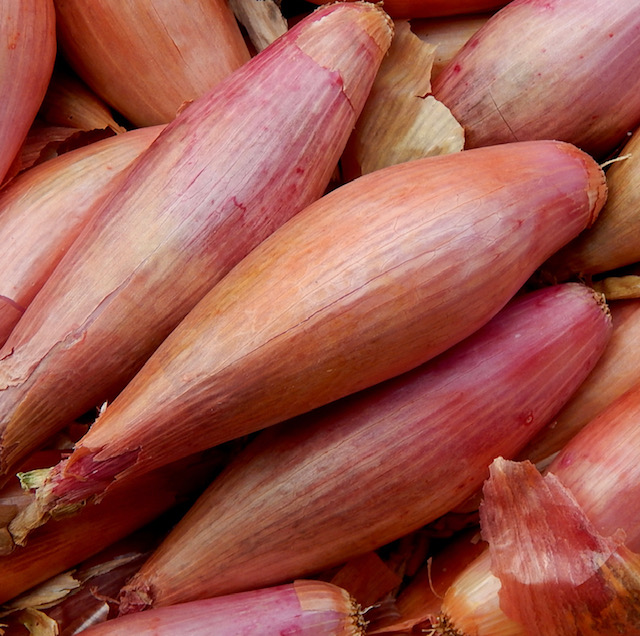
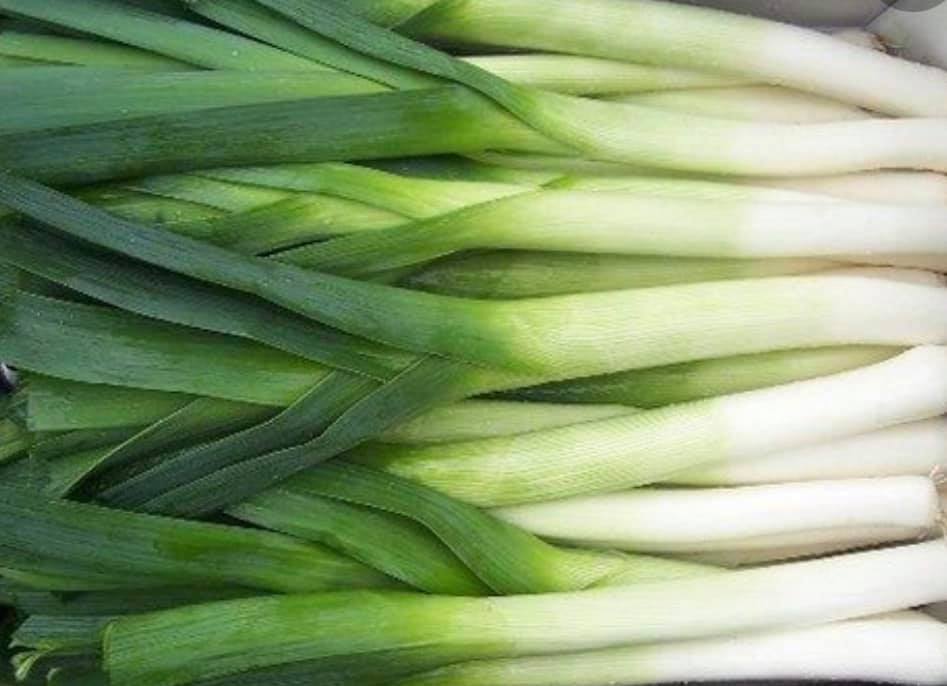
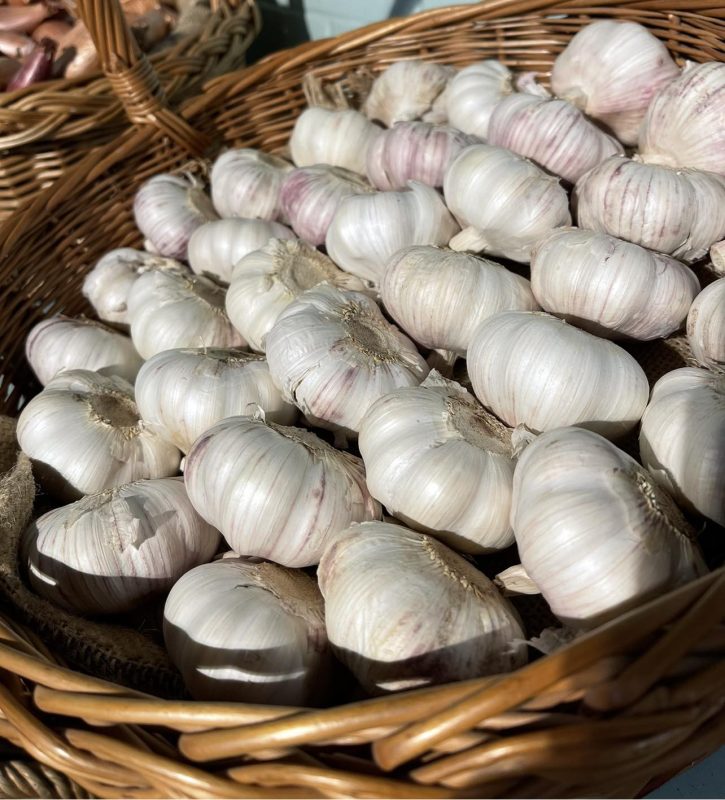
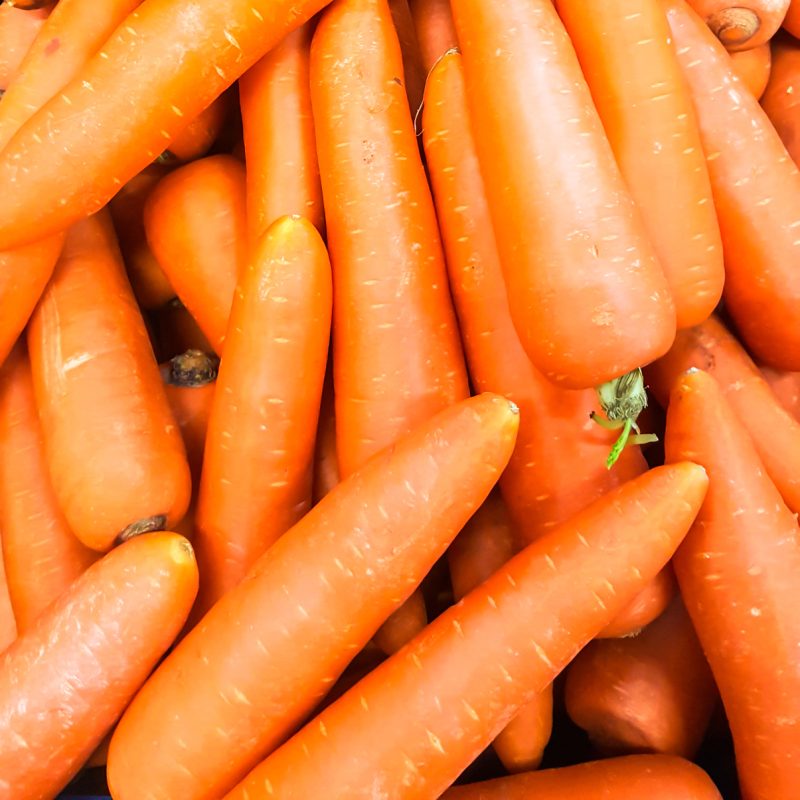


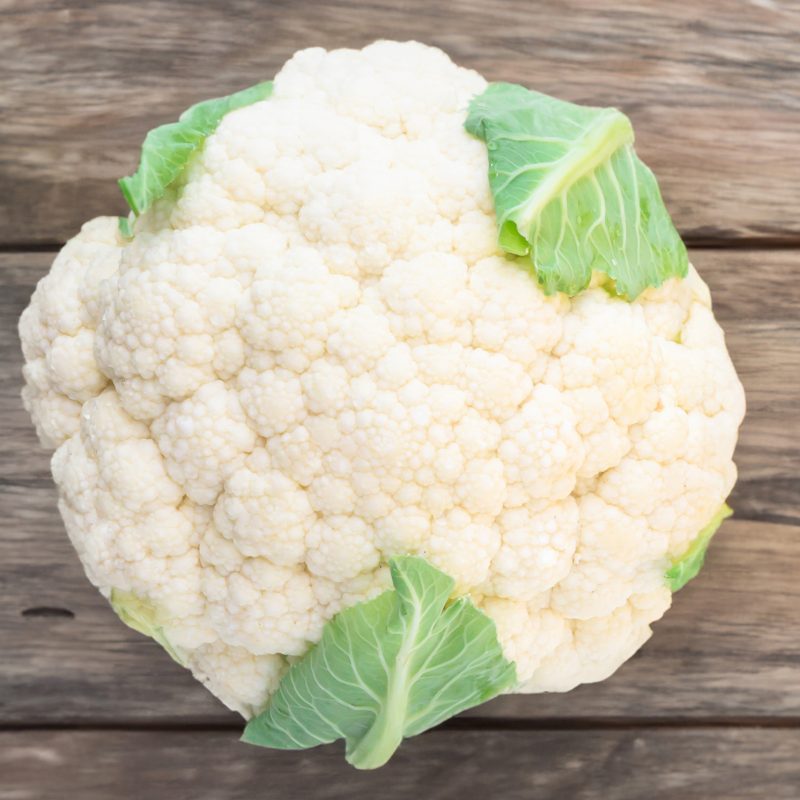
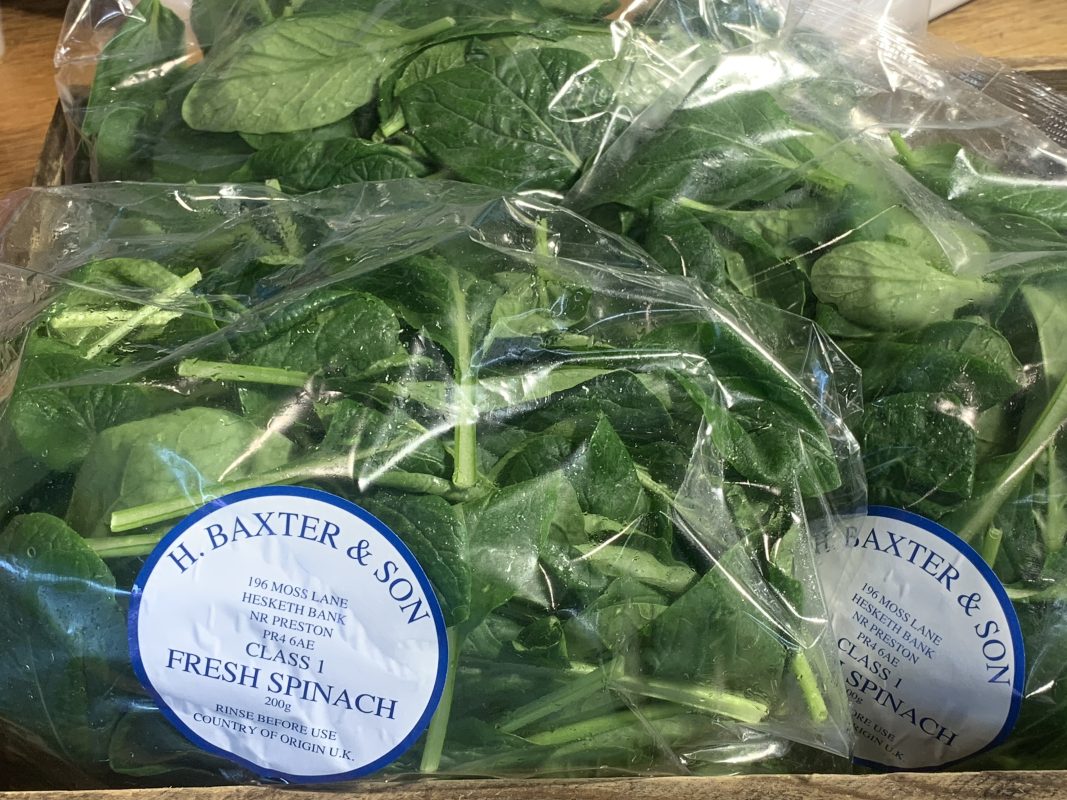
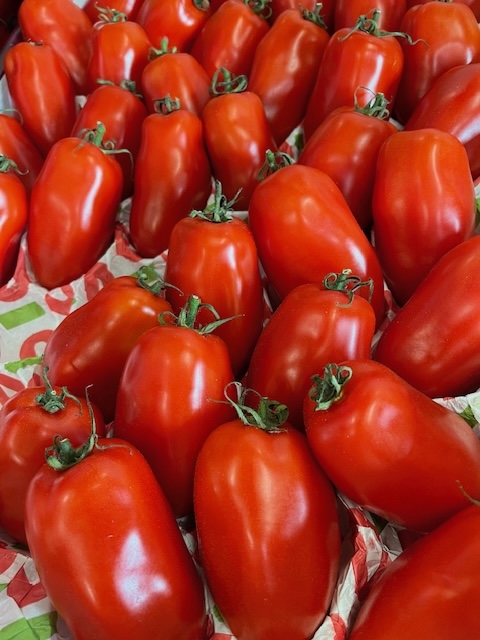

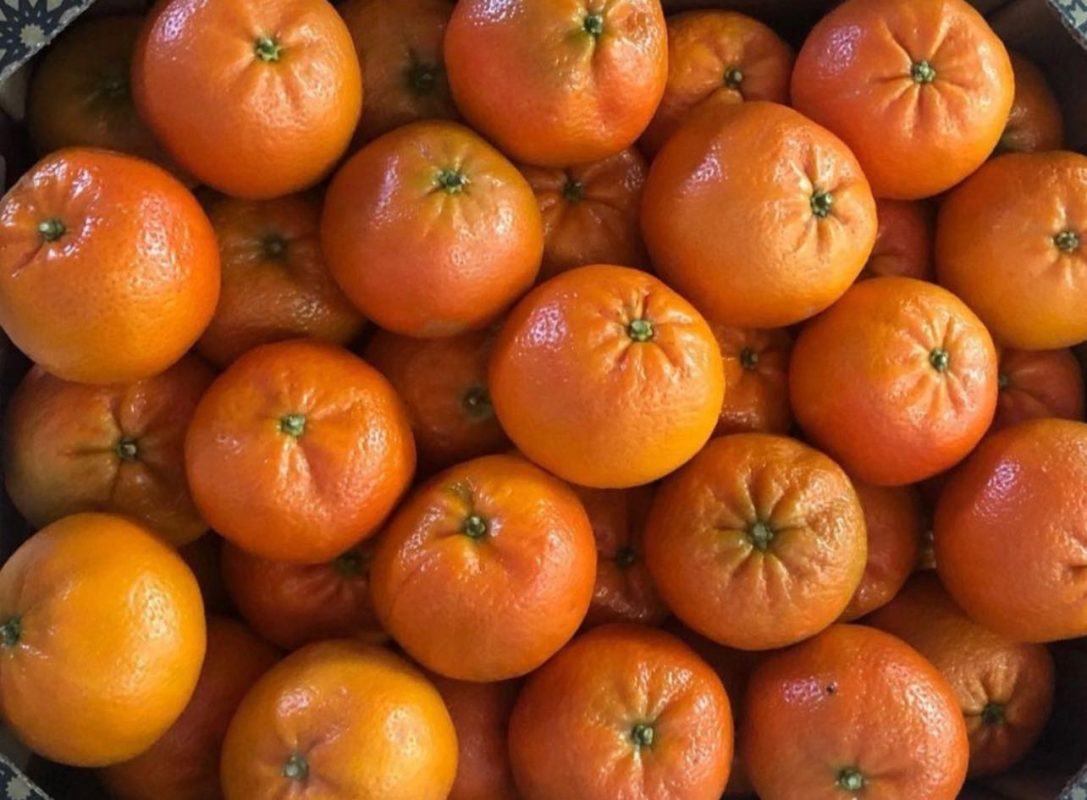
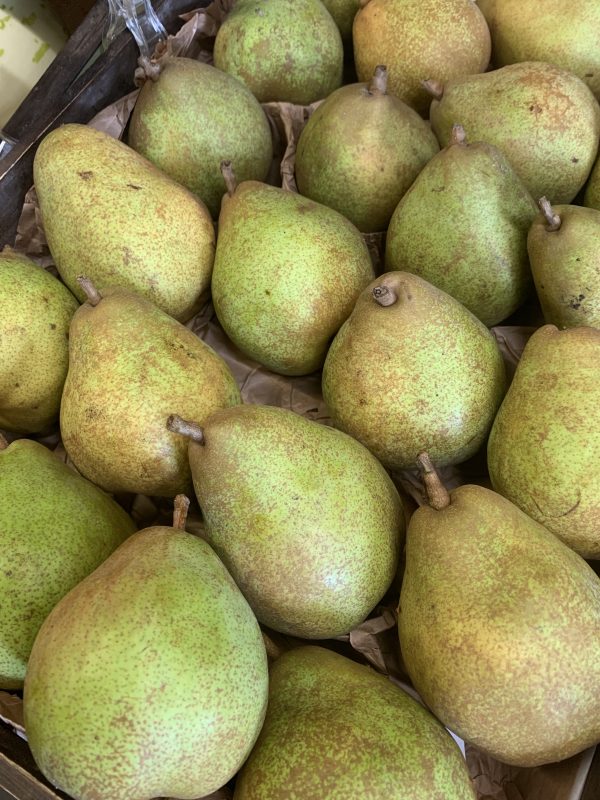
Our £15 (ideal for 2/3 people)
Washed salad potatoes
Onion (R)
Carrots
Aubergines (R)
Cauliflower
Turnip
San marzano tomatoes (R)
Coriander (R)
Banana
Pineapple
(R) items needed for the recipe
Our £25 box (ideal for a family of 4) contains all of the above in larger quantities plus
Sweet potatoes
Broccoli
Fine beans
Savoy cabbage
Navel oranges

